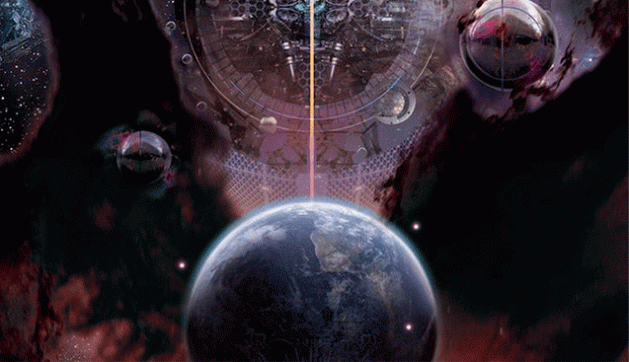Did Dune influence Star Wars? Sure, but mostly superficially, and that entangled with Barsoom.
The most obvious similarity: Tattooine — Dune — desert planet. And the inhabitants wearing clothes, at that. On the other hand, Tattooine’s fauna more closely resemble Barsoom than Dune, and the sand skiffs in Return of the Jedi come dangerously close to an outright ripoff of Burroughs’ tales, even if the Sarlacc looks quite like a torpid sandworm. Then again, most of the original trilogy doesn’t take place in the desert, and it serves as a point of origin, a backwater village, rather than an exotic theater.
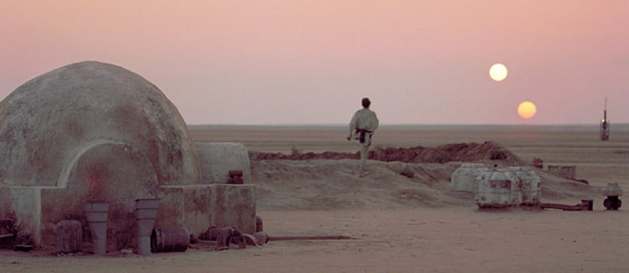
The Evil Empire versus the Good Rebels is too archetypal to allow Dune credit for mere surface similarities — Lensman and other pulp space operas fit the bill much better as direct antecedents — but the Bene Gesserit show some promise as progenitors to the Jedi. Not much — the Bene Gesserit are mystics whose esoteric practices grant them real magic power, but they’re too explicitly feminine where the Jedi are implicitly masculine. Certainly the Jedi of A New Hope if not the original trilogy are too much the wandering monk type to display much similarity to the hierarchical and meddling Bene Gesserit. Aside from the eugenics program, the Jedi Order does act much more like the Bene Gesserit in the prequel trilogy: hierarchical, centralized, and intertwined with formal state authority.
Likewise, Luke Skywalker has more similarity to Paul Atreides than to John Carter. Carter is an older man, an experienced veteran and fighter right from the beginning of A Princess of Mars. Luke and Paul both come of age, initially fight to avenge their fathers, and gain power through mystical experience. But this is just the Hero’s Journey, not an influence of one upon the other. The Jedi mysticism that empowers Luke doesn’t bear much resemblance with the drug-induced visions, orgiastic ritual, and racial memory of Paul’s experience.
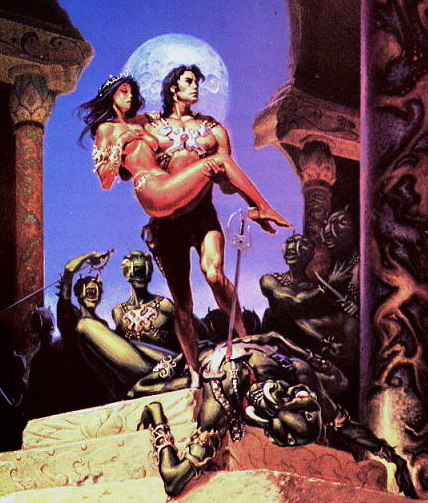
Luke starts out wanting to be John Carter, I think, though it’s not in the cards for him.
Once Luke journeys to Mos Eisley and prepares to leave Tatooine, we see what is at once the most subtle and most profound aspect of Dune’s influence: the breadth, depth, and strangeness of the universe. There aren’t any space aliens in Dune, but there’s a great deal of alien space. And what Frank Herbert does with his appendices and epigrams and litanies, George Lucas does with sight and sound. The politics and philosophy of Star Wars don’t really hold a candle to Dune, but it doesn’t matter. Film isn’t writing, and Lucas didn’t need all those words to build his universe. There were other science fiction universes around in in the mid-1970s, but none of them were as arresting as Dune. Maybe Dune didn’t need to exist for Lucas to make Star Wars, but Dune injected some seriousness and gravitas into an otherwise rather light pulp pastiche.
All of this makes me nervous about attempts to put Dune on camera. The previous Dune efforts were fiascos with some redeeming qualities. Lucas built Star Wars from the ground up as both a popular and a cinematic universe. Dune isn’t just weirder and darker than Star Wars; it’s denser, and that density makes it great but putting it onto film either turns the depth to cruft or strips Herbert’s universe of its best aspects. Good luck on the next attempt, though.




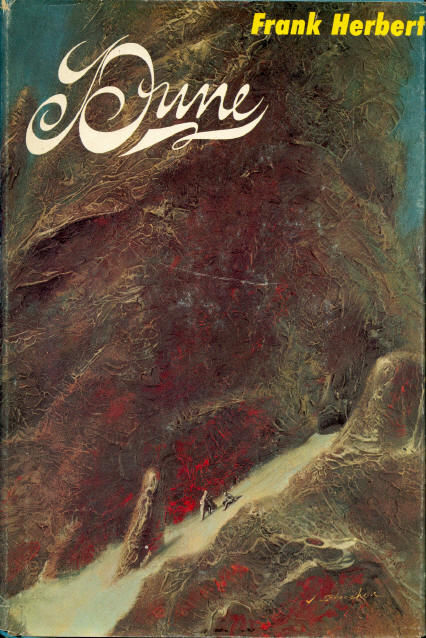
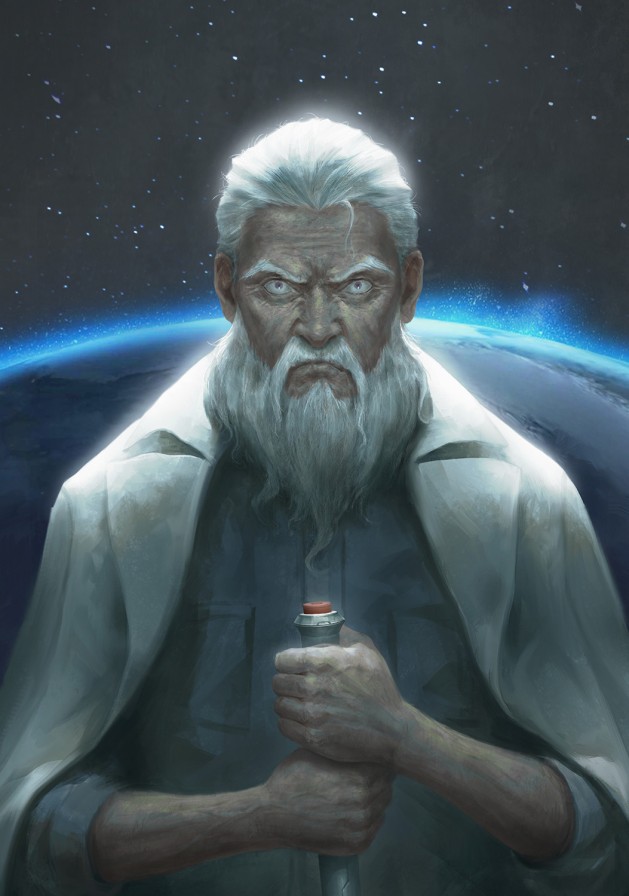
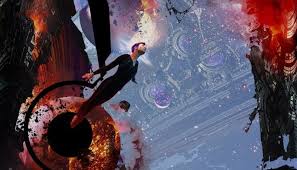
![{D24B5807-7660-4EBE-88C7-F8C9EB86A8F6}Img400[1]](https://sfoil.files.wordpress.com/2018/04/d24b5807-7660-4ebe-88c7-f8c9eb86a8f6img4001.jpg?resize=300%2C400)
